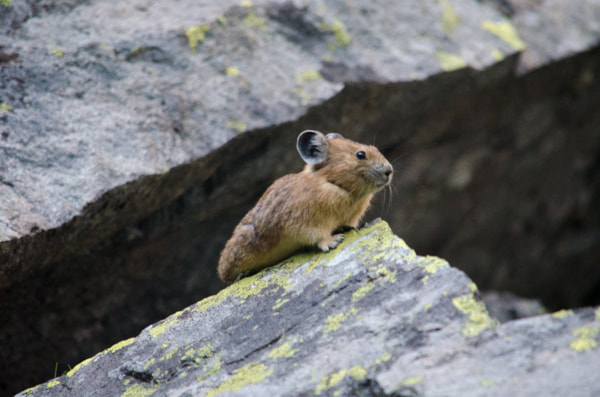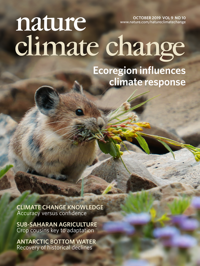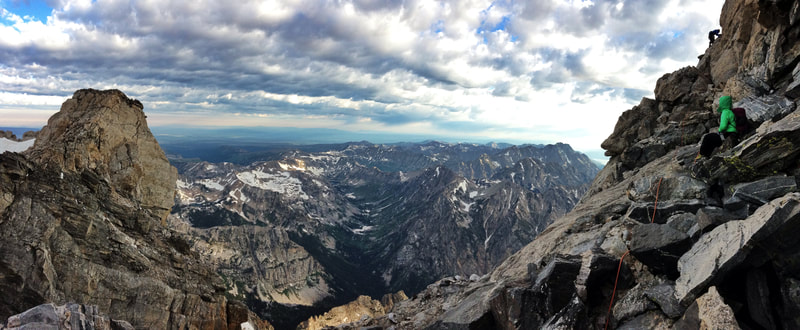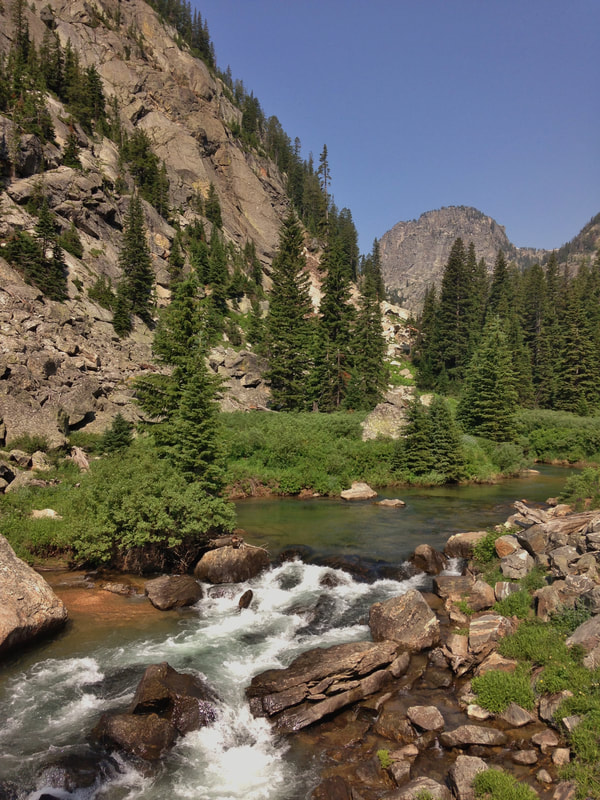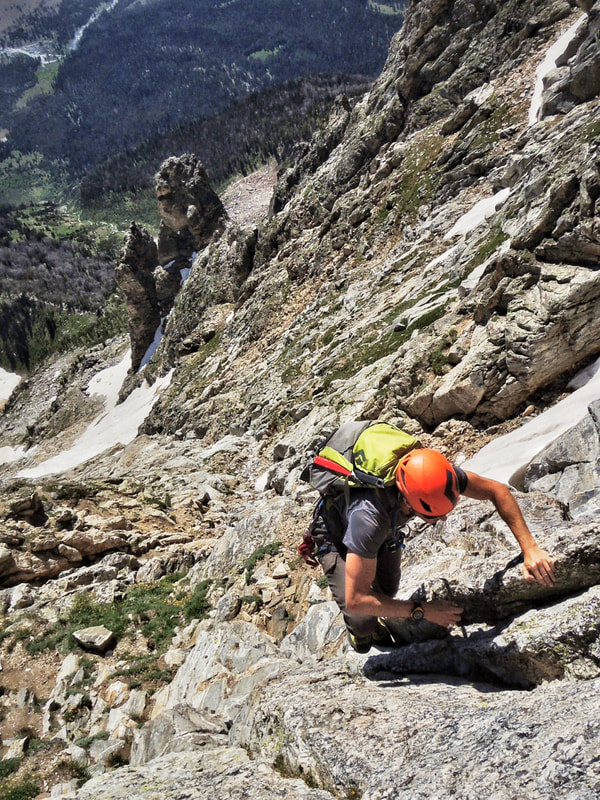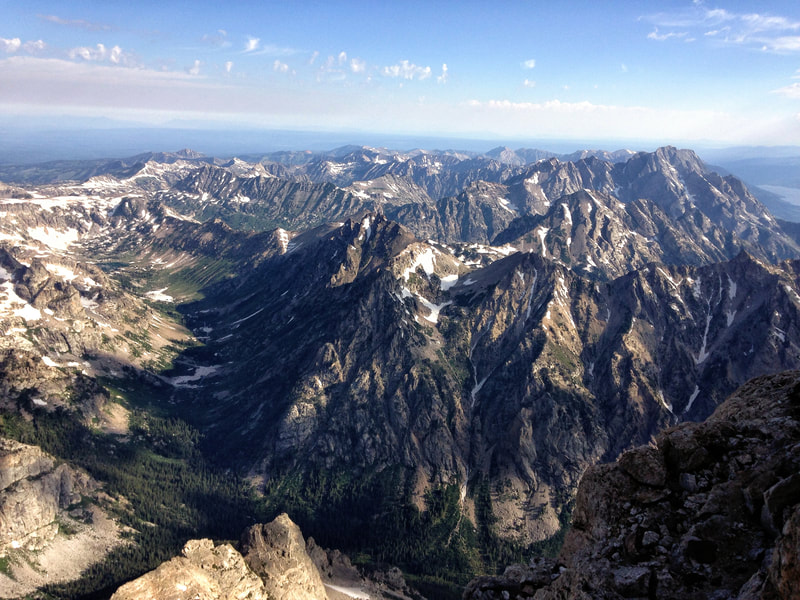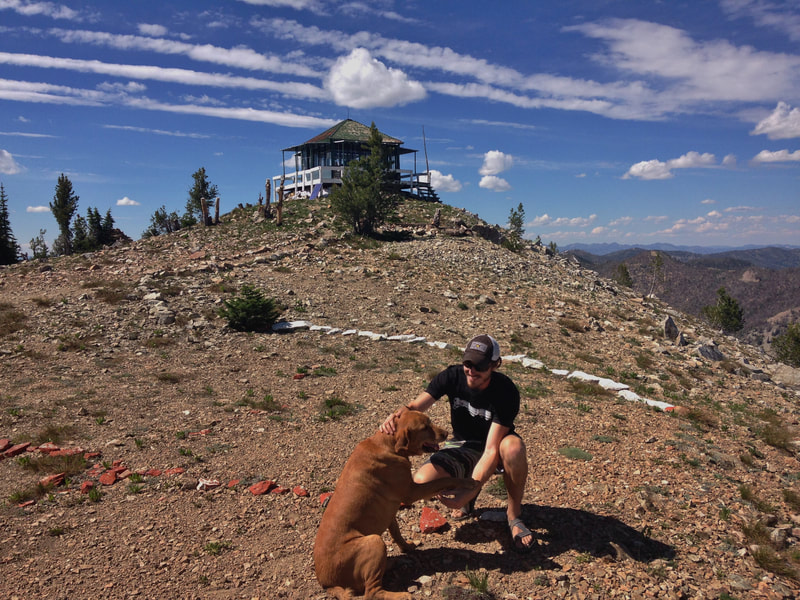More than 200 volunteers contributed over several years to our Pika project, recording habitat data on these energetic denizens of the high mountains. Our data was part of a decades-long global research effort which has been uncovering important lessons for the conservation of these and other animals.
We’re honored to be among the 70 co-authors on a new paper published in Nature Climate Change and reported on by PBS. This study reveals that when it comes to surviving climate change, the key to a pika population’s survival is less a matter of genetics and more a matter of the ecological conditions they’ve encountered throughout life.
We’re honored to be among the 70 co-authors on a new paper published in Nature Climate Change and reported on by PBS. This study reveals that when it comes to surviving climate change, the key to a pika population’s survival is less a matter of genetics and more a matter of the ecological conditions they’ve encountered throughout life.
|
This has implications for conservation of pikas and other wild animals and plants. In efforts to ensure that species survive amidst changing environmental conditions, individuals of different species may be relocated from one area for reintroduction to another.
Previously, genetic characteristics or variety were held to be the most accurate predictors of survival and success. It’s now clear that in at least some situations, the past life history of the individuals may in fact bear the lion’s share––or in this specific case, the pika’s share––of impact. |
Volunteer Spotlight
Dylan Jones collected data for the Pika project while summiting Teewinot and the Grand Teton, two of the highest peaks in the Teton range. His photos give a taste of the spectacular landscapes and views that are home to the pika, and that beckon adventurers and scientists year after year with the promise of discovery. Click each photo below to expand and see the caption.

